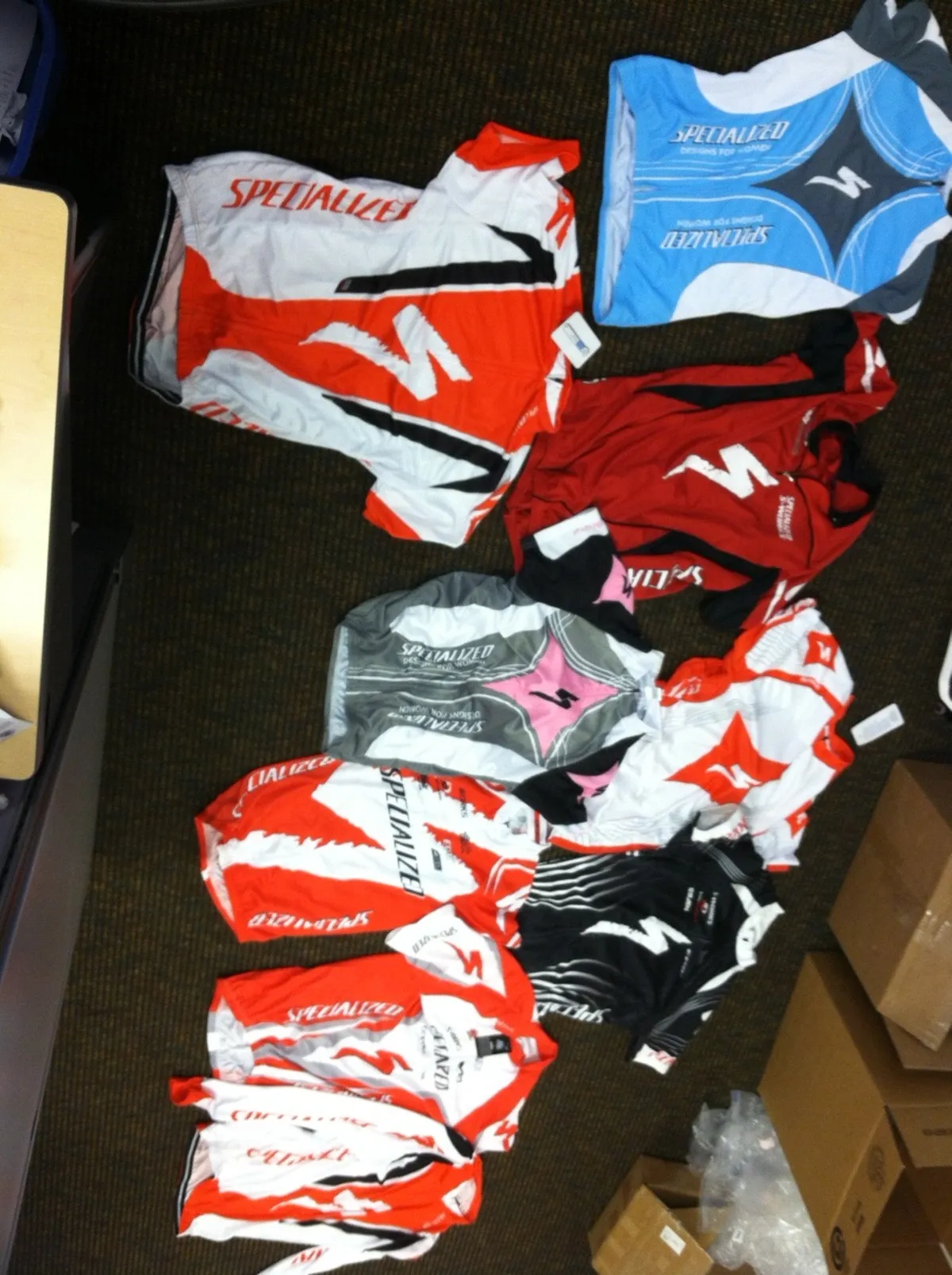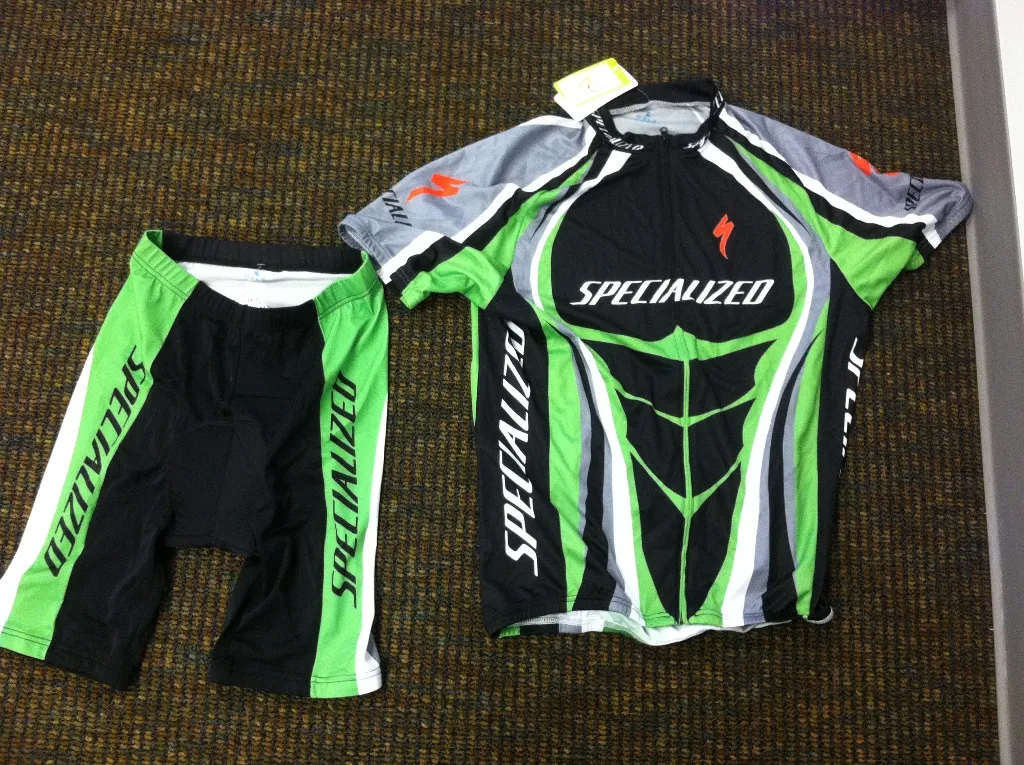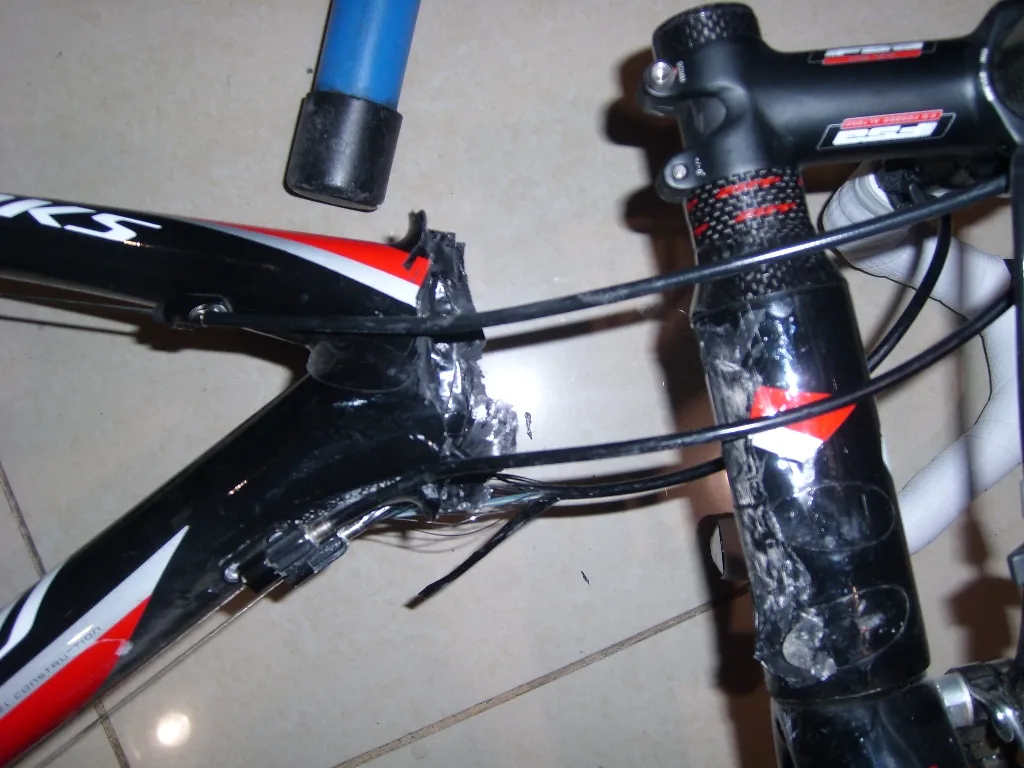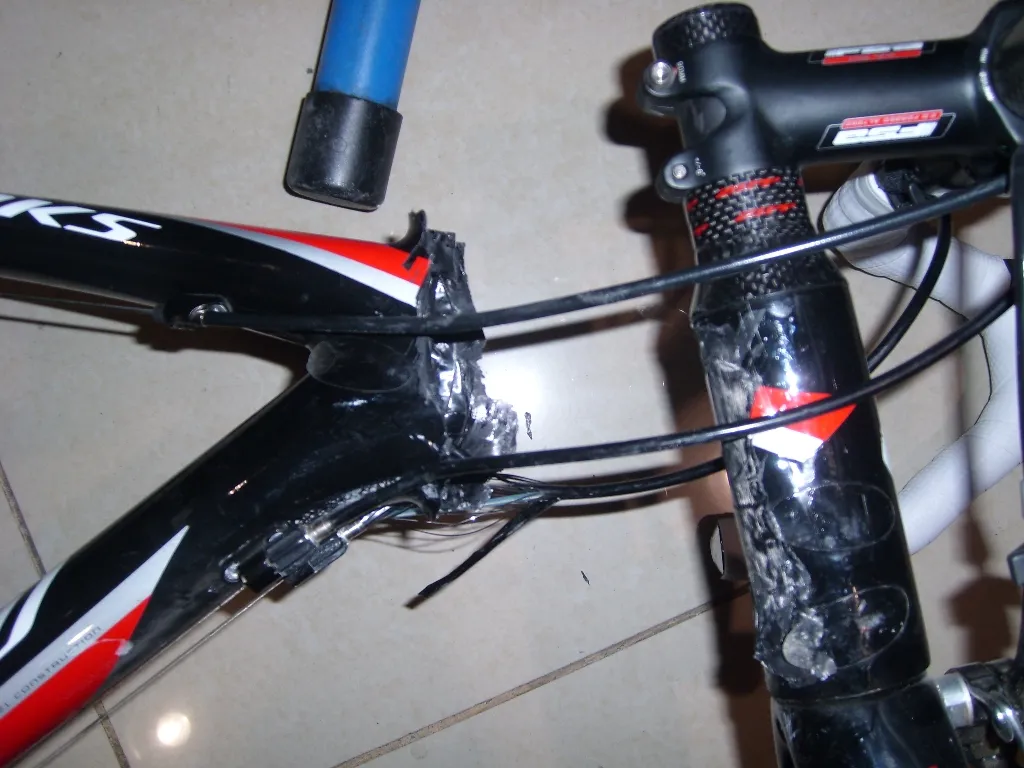Ten websites selling fake cycling kit such as counterfeit frames and jerseys have been shut down by US authorities – but one specialist has warned that the issue of fake goods is growing and costing the industry millions in lost revenue.
Top American brand Specialized and Invista, the company behind Lycra and Coolmax fabric, worked with Homeland Security Investigations (HSI) officers in Houston, Texas, to shut down the international sites this week. Officers seized more than US$90,000 (almost £60,000) in funds from PayPal and other accounts connected with the operations.
However, Andrew Love, of Specialized’s Brand Security, Global Investigations, and Legal Enforcement department, told BikeRadar: “We’re under sustained attack right now.”
Love, whose full time job is to hunt forgeries, shut down US$20,000 of counterfeit business in 2007 but saw that figure escalate to a massive US$5.2m in 2012. “We’re already halfway there this year,” he said, adding that quality of the counterfeits was “all over the place” but the best was improving all the time, making it harder for consumers to spot fakes.

Forged Specialized jerseys
He said Specialized had put the fake frames through its quality control protocols and they failed the fatigue and impact tests. In a couple of cases the aluminium head tube cups had debonded from the frame, which could have led to catastrophic steering failure while riding.
“It’s a matter of time before someone gets killed on one of these things,” he said. “You could count on the fingers of one hand the failures we had on carbon Tarmacs and recalled 12,000 bikes and gave people huge credits. The counterfeiters have no allegiance beyond getting past the sale moment, and that’s where it stops.”
Global patterns
Love, who shuts down operations all over the world, said the primary threat came from counterfeiters in China, who were ripping off the brand’s Taiwanese made frames. “I think we face about four factories that have gone to the dark side, one major one for frames and one for apparel,” he said.
He explained that the market for knockoffs was increasing because customers were stretching their budgets in hard economic times, and because people were more comfortable buying online. Another problem was proliferation of cellphone apps, which allow consumers to scan barcodes in store and find cheaper products online. Often they are pointed to low-priced forgeries.
Love said the bike industry was particularly susceptible, because even the biggest brands, such as Specialized, didn’t have resources to confront the issue. “I think I’m the only dedicated cycling researcher in the industry for this,” he said.
Love, who operates a global operation from Utah, said he noted variation on people’s susceptibility to forgeries. People in Asia and the UK were more aware of forgeries, and the fact that low prices signalled they were entering ‘fakeland’. Consumers in the USA and Japan seemed more naïve, he added.
“People have a stunning ability to delude themselves,” he said. “Counterfeiters who are professional at this will say anything to make a sale. When they say it’s right out of the OEM [original equipment manufacturer] factories and it’s as good as the real thing, people believe that – they’re taking their health into their own hands.”

Examples of fake Specialized apparel
Love said price and origin of goods were good indicators of whether something was a fake, as well as, if possible, the chance to compare an item with an original.
In March, the Wall Street Journal reported that US authorities seized US$3.6m of fake pharmaceuticals – including Viagra – and a large cache of golf equipment. In 2004, the golf goods industry – similar in makeup to the cycling industry – set up a consortium to tackle fake goods after calculating that counterfeits approached 10 percent of the genuine market worldwide.

